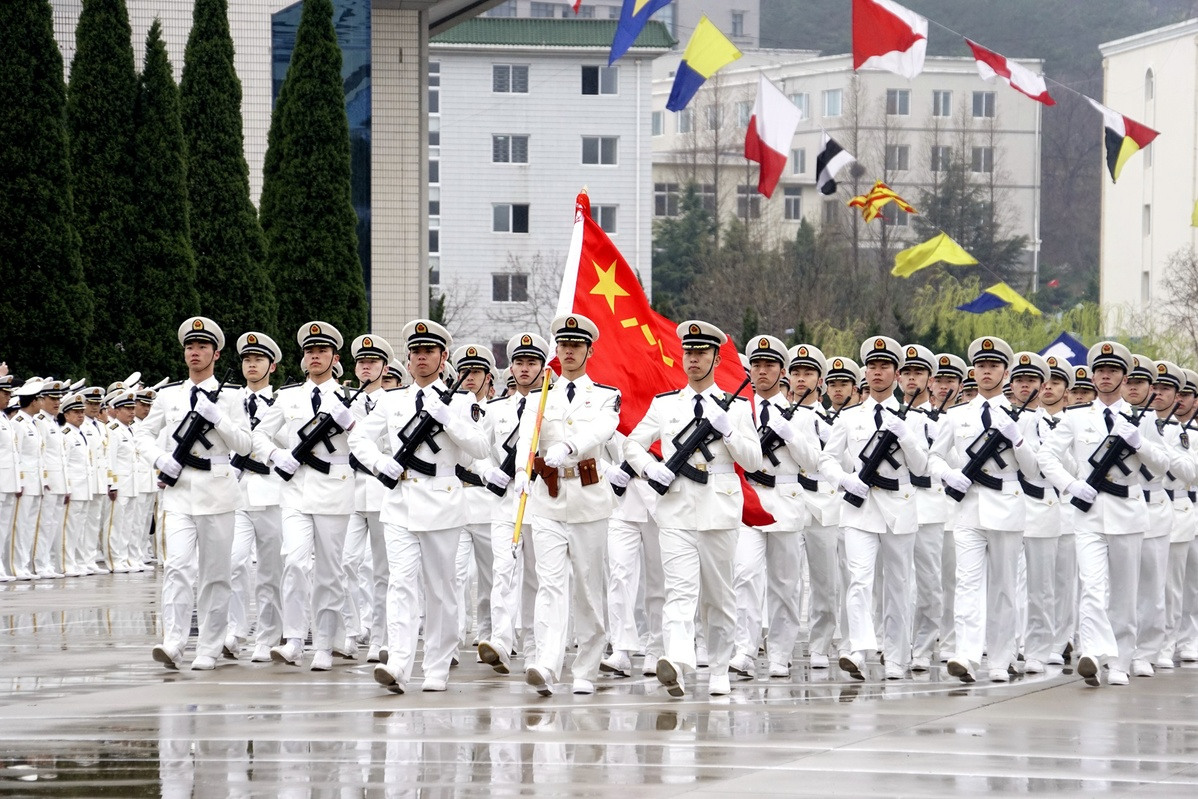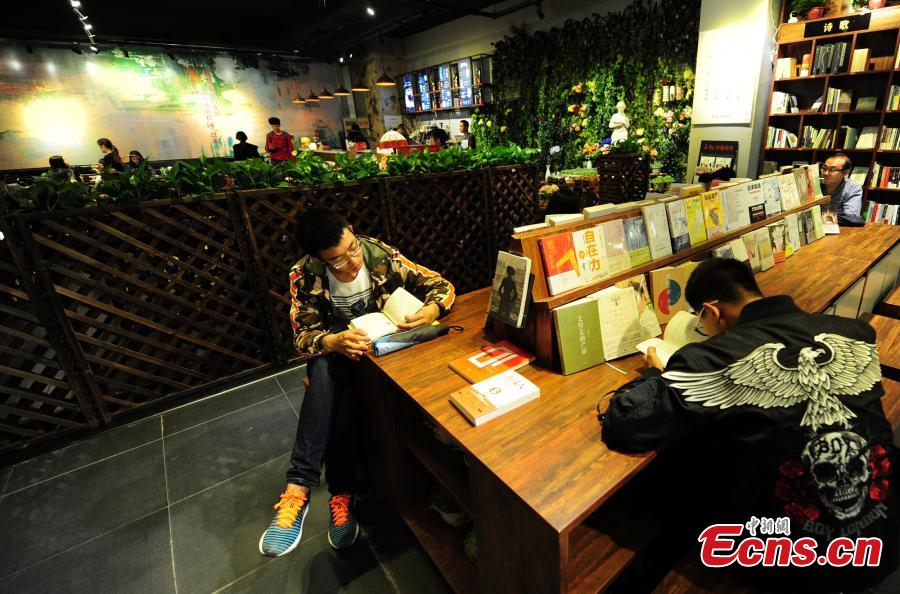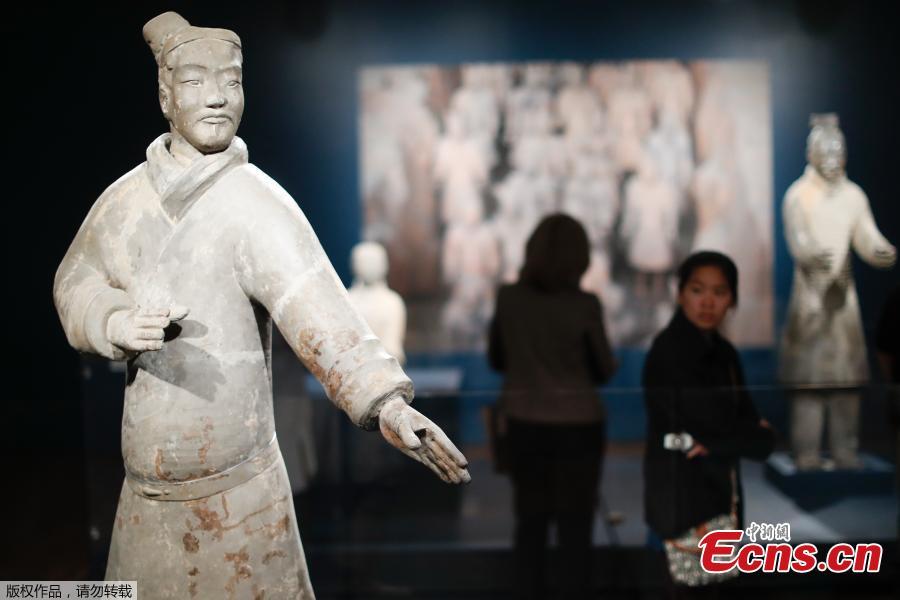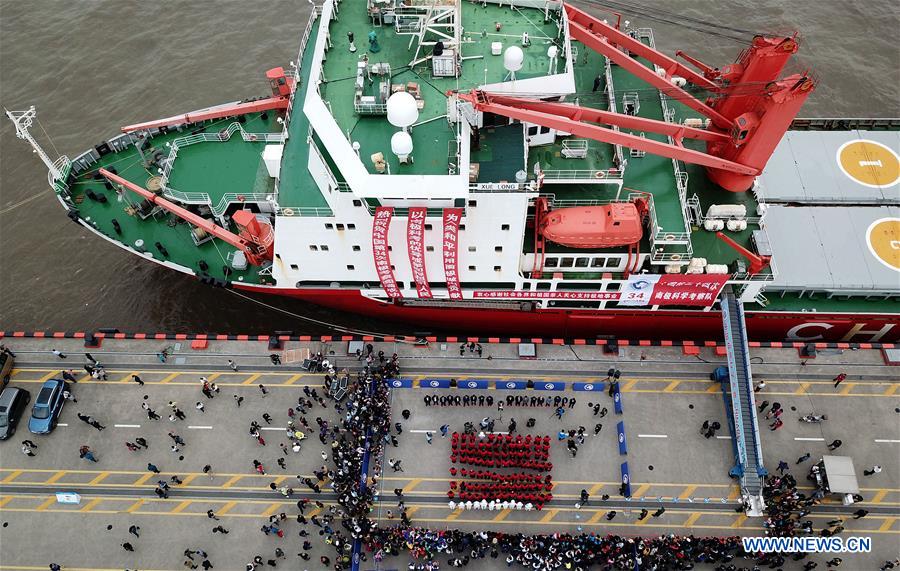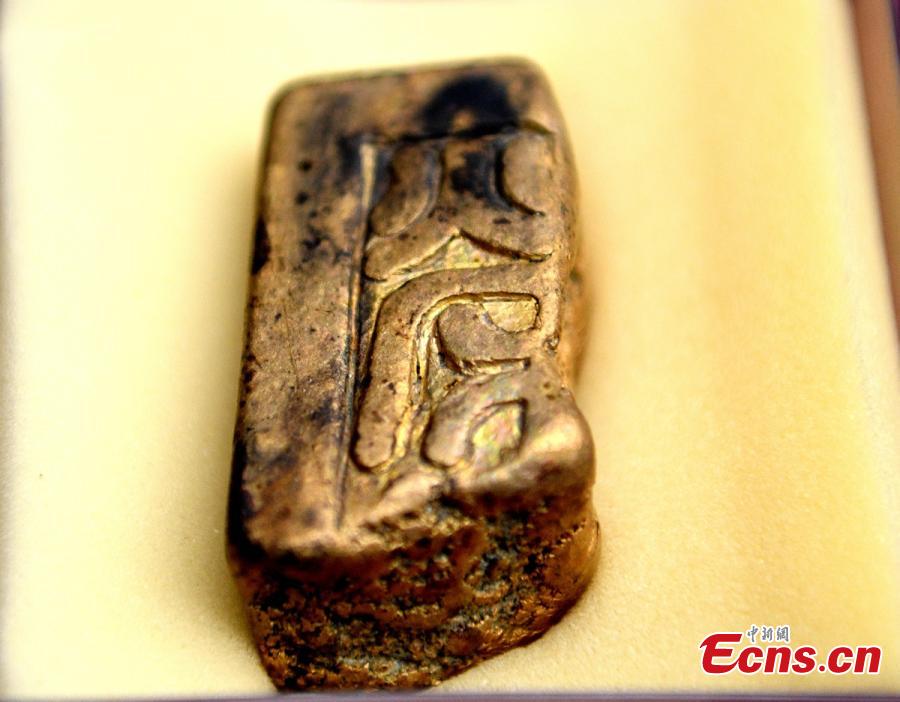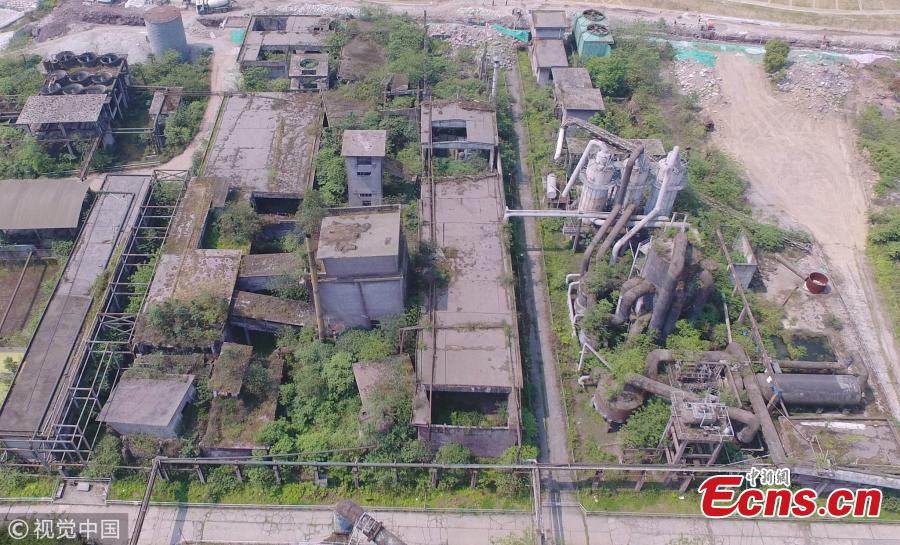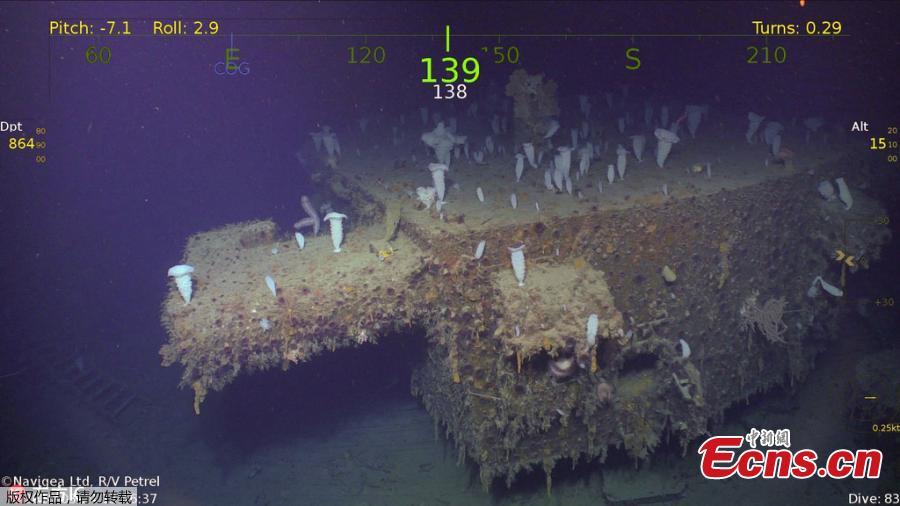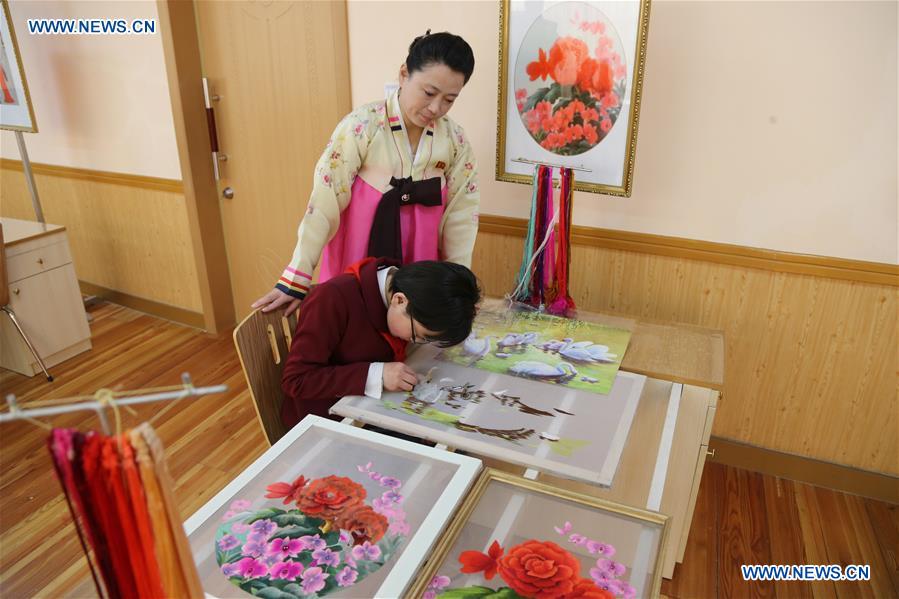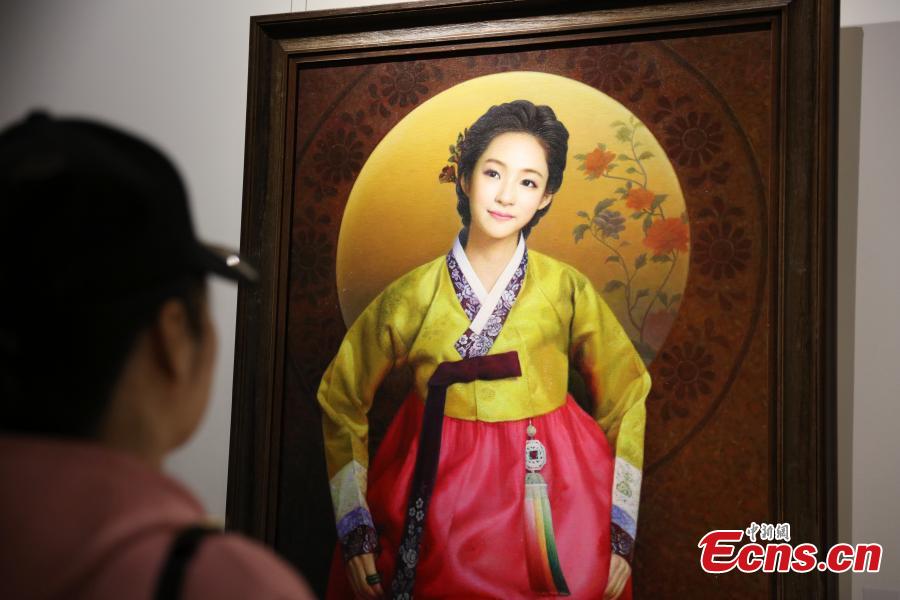Hainan has announced a strict, islandwide quota policy to curb speculation in the housing market and better promote building the island into a pilot international free-trade zone.
In a circular issued on Sunday, the provincial government said the quota policy to restrict the home purchases would take effect throughout Hainan Island immediately.
The circular, jointly issued by the Hainan Provincial Party Committee and the Hainan Provincial People's Government, was regarded as the strictest quota policy issued so far to curb housing price increases seen in recent years.
Yan Yuejin, director of E-house China Research and Development Institution, a Shanghai-based real estate information and research service provider, said this year the housing market in Hainan has operated under strict regulations and has been impacted by the curbs.
"Unlike other provinces, where the housing policy differs city by city, this curb applies to the whole island - it is really rare to see that," Yan said.
The new rules required those who do not live on the island but want to buy houses to provide 60 months of tax records for the past 60 months in Hainan from at least one member of the applicant's family.
A minimum 70 percent down payment is required for nonresidents of the island who apply for commercial housing loans and a five-year limit has been set for owners to transfer their real estate assets in Hainan.
In Wuzhishan, Baoting, Qiongzhong and Baisha, the core ecological areas of the island, commercial housing is only open for purchase by local residents.
Priority of land supplies will be made for infrastructure projects needed by construction of the island as a pilot international free-trade zone and development of industrial and social projects, the circular said.
Statistics from Jincheng Consultancy, a real estate information provider based in Haikou, showed that more than 80 percent of houses were purchased by people who do not live on the island but want them for vacation and retirement. Quite a number of them have invested only for profit.
In the past decade, real estate has become a pillar industry for the local economy. According to data released by China Real Estate Think Tank, a real estate research institution, the real estate sector has accounted for over half the investment and contributed over half the tax income in the province. Sanya and the provincial capital of Haikou were listed as the top two cities in which the economy largely depends on the real estate business.










